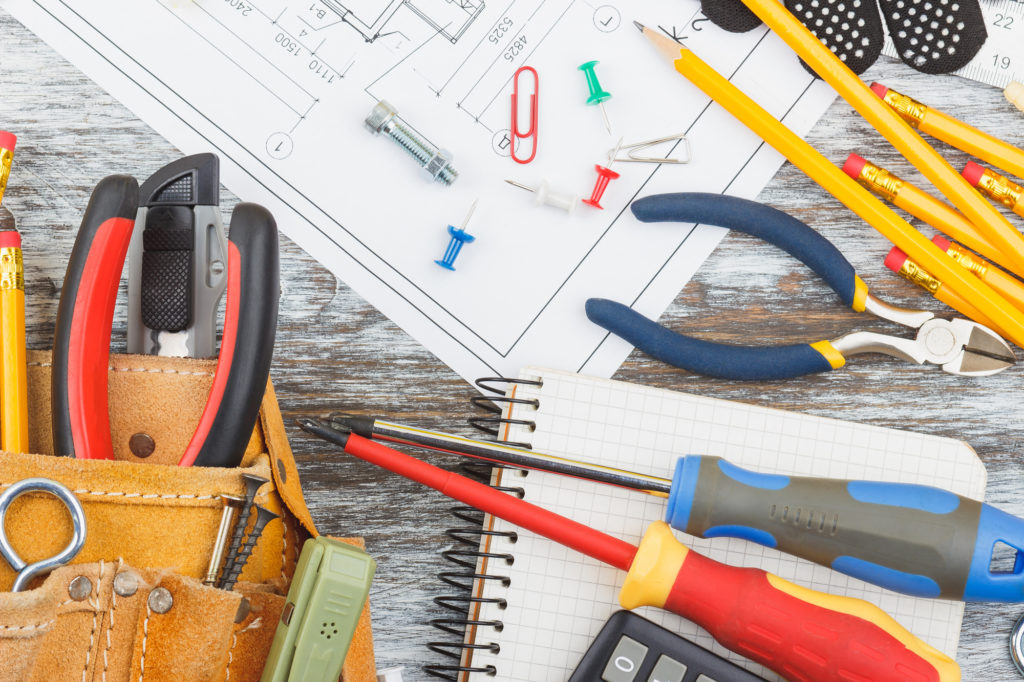 When you have machines that are continually breaking down, do you fix them or get new ones? When your vehicle experiences problems on a regular basis, do you replace it with a newer model? When property is damaged during a fire or natural disaster, will insurance pay to replace or only repair? In today’s recessionary environment, the answer can be challenging.
When you have machines that are continually breaking down, do you fix them or get new ones? When your vehicle experiences problems on a regular basis, do you replace it with a newer model? When property is damaged during a fire or natural disaster, will insurance pay to replace or only repair? In today’s recessionary environment, the answer can be challenging.
When making a decision to repair or replace, consider the following:
How long will the machine be needed?
Repairs may be a temporary solution to a long-term need. Yes, it likely costs less to repair than to replace, but if the machine is needed for a long time, an investment to replace an old machine may be advisable. Still, if new a model or technology is on the horizon but not for sale, it may pay to repair now and plan to buy when a better machine becomes available.
Can you lease instead of buy?
If you don’t think a repair can hold for a sufficient time, then, as the saying goes: “don’t throw good money after bad.” The problem for some businesses these days is the cost of buying a new machine may be prohibitive. An option may be to lease instead of buy. Leasing is really a financing arrangement, but it allows you to use the whole thing while only paying for part of it. You don’t own the property, but your cash flow may be better off.
For example, if you need a new truck, leasing it may enable you to get a better model than if you had to finance a purchase. Be sure to run the numbers and determine whether leasing is suitable for you. If you put on too many miles in a year (say more than 12,000 or 15,000), leasing may not be a viable option.
Equipment leasing is also something to consider if repairs don’t make financial or business sense. Business News Daily has a guide on equipment leasing.
Are there energy savings?
Repairing a machine may be less costly than buying, but newer models may save energy…and the cost of that energy. EnergyStar.gov has a list of energy savings for computers, monitors, imaging equipment, slates and tablets, and more office equipment to help you assess potential energy savings from a new model versus and an old one you repair. Also consider that newer office machines may have automatic shutoffs to save energy; older models may not.
Will insurance pay when property is damaged?
When property is damaged during a fire, storm, or other casualty event, insurance may be not necessarily declare “all is lost” and provide funds for replacement. You may effectively be forced to repair. FEMA as a 50% rule (Repair vs. Replacement | FEMA.gov): a facility is considered repairable when disaster damages do not exceed 50% of the cost to restore the facility to its pre-disaster condition. If and when the need arises, check with your insurance company before making any decisions.
Are there tax incentives for choosing between repairing and replacing?
The cost of ordinary repairs is fully deductible. But the cost of buying a new machine or vehicle, may also be fully deductible through various tax rules, such as bonus depreciation and first-year expensing (IRS rules for writing off the cost of buying machinery and equipment is in Publication 946 (2021 Publication 946): rules for vehicles is in Publication 463 (2021 Publication 463). Be sure to ask your CPA in advance of any decision on the tax implications of repairing versus buying.
There may be additional tax incentives—credits, rebates, sales tax exemptions—on federal, state, and local levels for buying new energy-efficient property. These tax incentives may, while not determinative, may sway a decision to buy versus repair.
Is there any impact from supply chain disruptions?
You may want to buy a new machine, but the estimated time for delivery may be beyond your business needs. If you have to use equipment, repairing it may be your only choice if availability isn’t immediate.
Final thought
Your business assets—machines, equipment, vehicles, and realty—are essential to your operations and your balance sheet. Continually review what you have so you can keep things in good repair and budget for purchases ahead.


